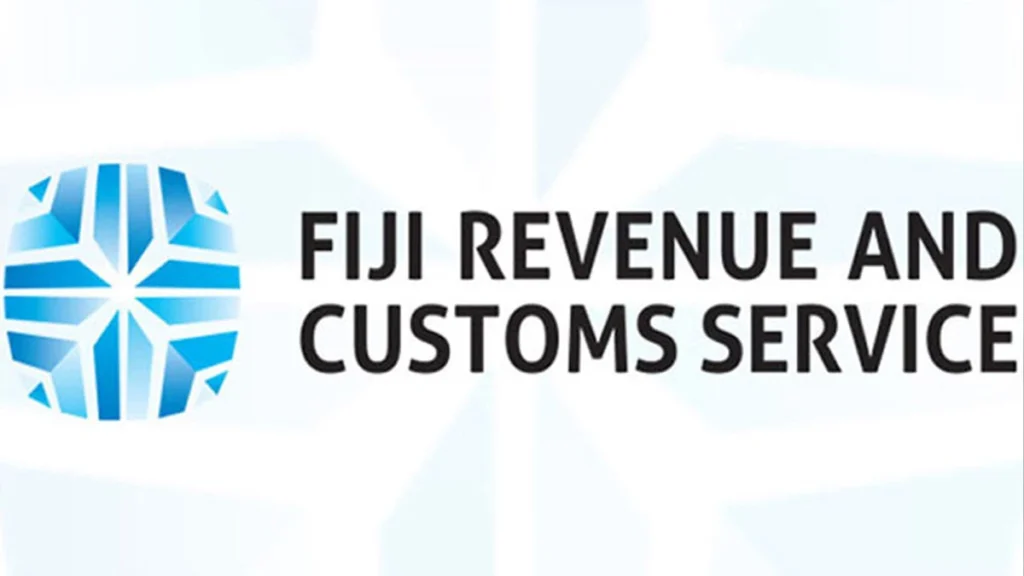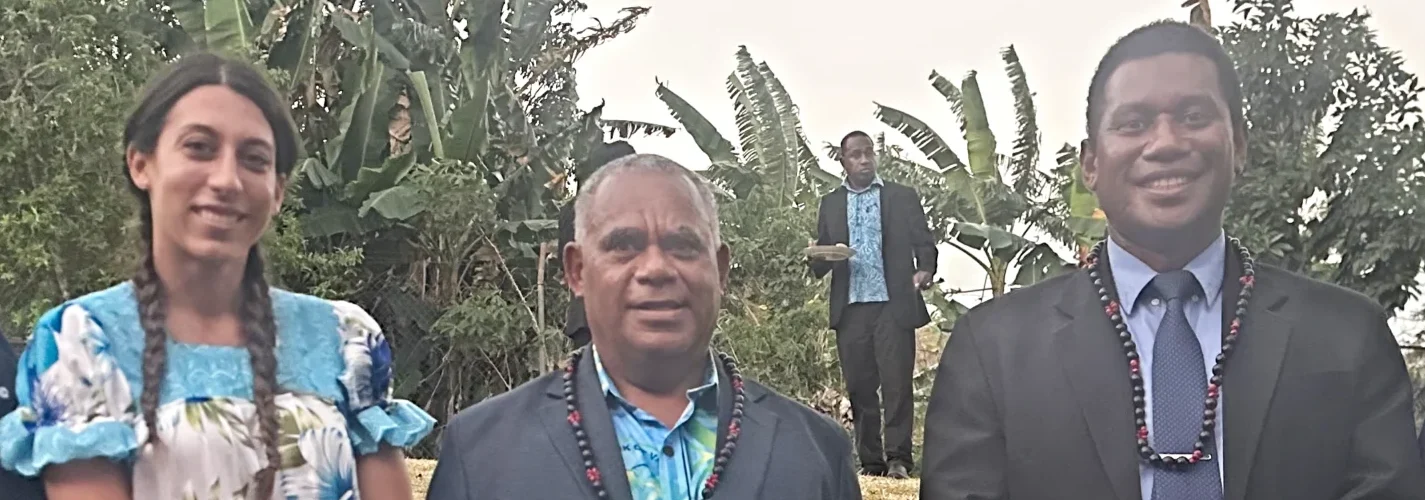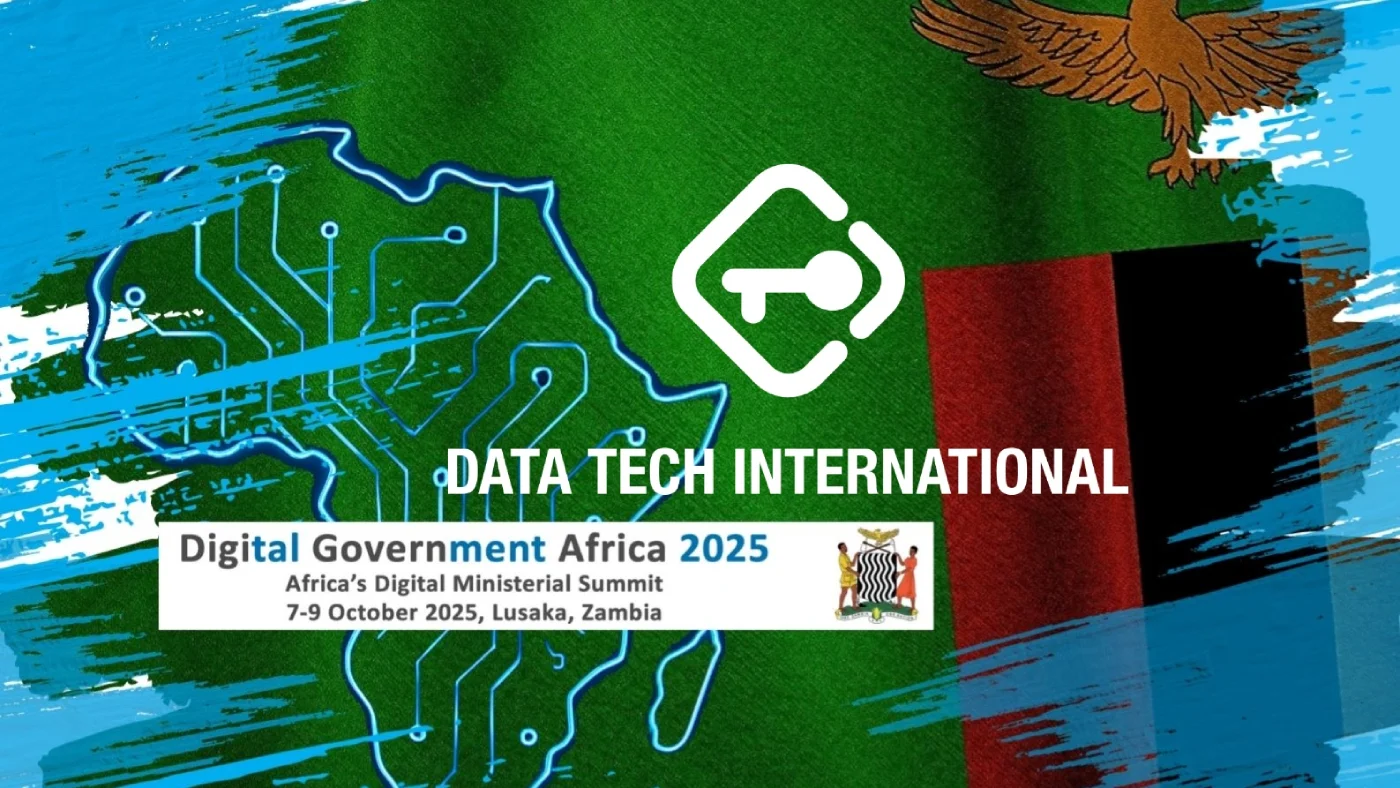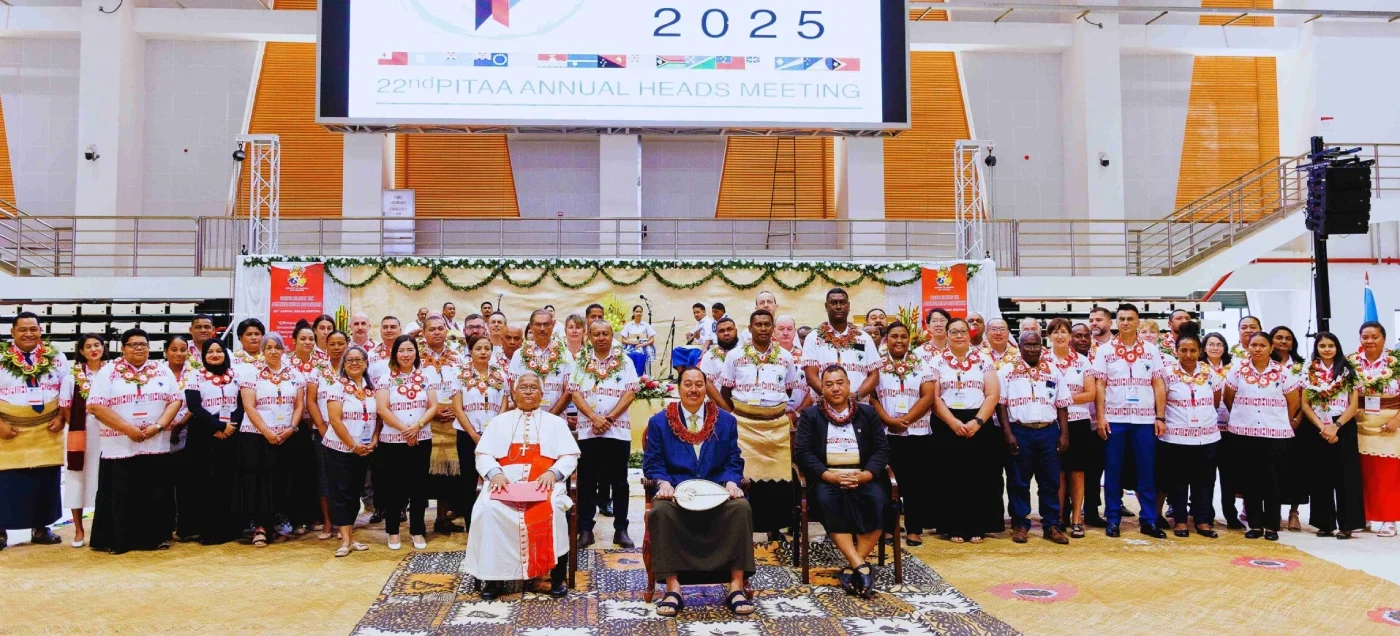As the warm day settled over Port Moresby, delegates from across the Pacific gathered for the CATA Annual Heads Meeting 2025 and found themselves in the thick of the conference’s peak. Within the Hilton complex, where movement beyond its walls was limited, the air was alive with discussion, laughter, and urgent debates over tax reform. Pacific VAT compliance was one of the major topics.
Although the conference floor was really busy, I’ve managed to sit down with the head of Fiji Revenue and Service Mr Udit Singh. And, I was glad I did. The conversation carried the weight of experience and authority. Fiji has faced the challenge of modernizing VAT collection while keeping businesses engaged, a task that many Pacific nations are confronting right now. And yes, this discussion served another occasion as well. As we look forward to the upcoming PITAA Annual Heads Meeting 2025 in Tonga, Mr Singh will join a panel that I am given an opportunity to lead on Real-Time Transaction Monitoring. Thus, this interview acts as a prologue to the mentioned event.
5 Key Takeaways
- Real-Time Digital Monitoring Boosts Compliance: Fiji’s VAT Monitoring System (VMS) tracks every transaction, reducing underreporting and ensuring transparency at the point of sale, strengthening revenue collection without raising tax rates.
- Stakeholder Engagement is Critical: Early and ongoing communication with businesses, training, and consultation build trust and foster voluntary compliance, turning a top-down rollout into a collaborative process.
- Capacity Building Ensures Success: Practical guidance and hands-on support for both tax officials and business owners are essential; technology alone cannot achieve effective compliance.
- Transparency and Fairness Drive Participation: By making VAT reporting visible and consistent, the system encourages voluntary compliance and positions businesses as partners in public service rather than subjects of regulation.
- Political and Legal Support is Vital: Sustained government commitment ensures that technical challenges, misinformation, or stakeholder pushback do not derail implementation, providing a stable environment for cultural and systemic change in tax compliance.

Pacific VAT Compliance: Fiji’s Shift to Digital Monitoring
For years, Fiji relied on businesses to self-report VAT. On paper, the system appeared straightforward. In reality, many transactions slipped through. Cash payments went unrecorded, and compliance depended on voluntary accuracy. The result was revenue loss and an incomplete view of the economy. This is exactly why the country went down the road of digital monitoring.
“The biggest improvement has been a clear rise in VAT compliance,” Udit explained. “We also see more voluntary declarations and better alignment between sales data and tax returns. VAT monitoring system (VMS) reduced underreporting and gave us transparency at the point of sale, which strengthened revenue collection without increasing tax rates.”
The system works because it tracks every transaction in real time. Each e-invoice becomes an official record. The government can monitor revenue as it happens, and businesses have clarity on what they owe.
Building Trust During Implementation
Rolling out the VMS powered by TaxCore in Fiji was far from straightforward. Many businesses initially resisted, uncertain about what the system would mean for them. Some worried it might expose errors or invite penalties, while others struggled with technical limitations. Misinformation also spread, with rumors suggesting the system was designed to monitor private business activity rather than improve compliance.
To address these challenges, FRCS engaged directly with stakeholders. Officials visited offices, shops, and market stalls to explain the system in clear, practical terms. They organized training sessions, both in-person and online, giving staff and business owners the confidence to use the new technology. Consultation forums allowed businesses to raise questions and provide feedback, turning what could have been a top-down rollout into a collaborative process. A dedicated support team was also established, ready to troubleshoot issues and guide users whenever problems arose.
Mr. Singh highlighted that building trust was as important as installing the system itself. “We wanted businesses to see the system as a partner, not a threat,” he said, emphasizing fairness and transparency over surveillance. By showing that the system aimed to create a level playing field rather than punish anyone, authorities encouraged voluntary compliance and cooperation.
The focus on human engagement proved essential. Technology alone could not have succeeded without consistent communication, reassurance, and hands-on guidance. Through patient explanation, practical support, and open dialogue, the rollout gained acceptance, laying the foundation for a system that strengthened compliance, fostered trust, and gave both government and businesses clarity about their responsibilities.
Pacific VAT Compliance: Experiences for Papua New Guinea
Fiji’s experience provides worthy lessons for Papua New Guinea as it moves on a similar path. Mr. Singh emphasized three key takeaways. First, stakeholder engagement must begin early. Businesses are far more receptive when they are part of the conversation from the outset. Understanding the purpose of the system, its benefits, and how it affects daily operations reduces resistance and builds cooperation.
Second, capacity building is necessary. Both tax officials and business owners need training to use the system effectively. Without practical guidance and hands-on support, even the most advanced technology can fail to deliver. Fiji’s rollout included workshops, training sessions, and ongoing support, ensuring users gained confidence and clarity in every step.
Third, strong political and legal backing is vital. Projects of this scale inevitably encounter challenges, technical hiccups, misunderstandings, or temporary pushback from stakeholders. Governments must remain committed so that these obstacles do not derail progress. “When issues arise, politicians must know there is a plan and a goal,” Mr. Singh explained. “The tax authority clears obstacles and makes the process straightforward for everyone involved.”
Taken together, these lessons show that successful implementation depends on more than technology. Early communication, practical training, and sustained political support create an environment where compliance is achievable, understandable, and accepted. For Papua New Guinea, these insights offer a roadmap to build a system that strengthens revenue collection while maintaining trust and collaboration between government and businesses. And far beyond, as the better VAT compliance in Pacific becomes easier to achieve.
Digital Transparency and Fairness
The VMS powered by TaxCore does more than simply record transactions. It creates a level of digital transparency that allows the government to see economic activity in real time. Mr Singh emphisized that the system can quickly identify taxpayers who were previously unregistered or reporting inaccurately. By bringing these activities into view, the system encourages voluntary compliance, making it clear that everyone is treated equally.
“All taxpayers see that the system is fair,” he said. “Those who pay taxes know the authority is acting with integrity. Compliance improves because people understand the rules and see them applied evenly.”
This transparency extends beyond numbers on a screen. It strengthens trust between the government, businesses, and citizens. When people perceive that the rules are applied consistently and fairly, they engage with the system willingly. Businesses are not merely monitored, they become active participants in public service. Compliance shifts from being a requirement imposed from above to a shared responsibility recognized by all.
Through the combination of real-time data with visible fairness, VMS fosters a culture where paying taxes is understood as part of contributing to the community. It is a system that clarifies obligations, reduces uncertainty, and builds confidence in the institutions responsible for managing the country’s resources.
Pacific VAT Compliance: A Cultural Shift Toward Compliance
The impact of the VAT Monitoring System reaches far beyond numbers and data. Businesses now comply because the system makes evasion difficult, visible, and inconsistent with community expectations. Compliance emerges naturally when rules are applied fairly and consistently.
“The effect is quiet but powerful,” Udit Singh said. “The system supports itself because people see it working, and they follow the rules willingly. It aligns responsibility with action.” He added that the visible fairness of the system changes how businesses approach their obligations. “When everyone knows the rules are applied evenly, it removes doubt. People feel that paying taxes is simply part of how business should be done.”
Mr. Singh stressed that the system does more than enforce rules; it builds understanding. “Businesses start to see themselves as partners in public service rather than just subjects of regulation,” he said. “When compliance is visible, predictable, and fair, it encourages voluntary participation, which is far more sustainable than forcing adherence through penalties.”
Eyes on Tonga and the Pacific
The upcoming PITAA Annual Heads Meeting in Tonga presents an opportunity to share these lessons across the region. Pacific nations face similar challenges: dispersed populations, informal economies, and limited technical capacity. Fiji’s experience shows that clear communication, careful planning, and political support are crucial to success.
Mr Singh’s insights provide a practical guide. Real-time transaction monitoring is no longer theoretical, but a proven method for making tax collection fairer and more reliable. Countries in the Pacific can use these lessons to implement systems that work for their people, their businesses, and their governments.
“Thank you for trusting Data Tech International and working with us,” I told Mr Singh as our conversation ended. He smiled, acknowledging the effort yet confident about the path ahead.





